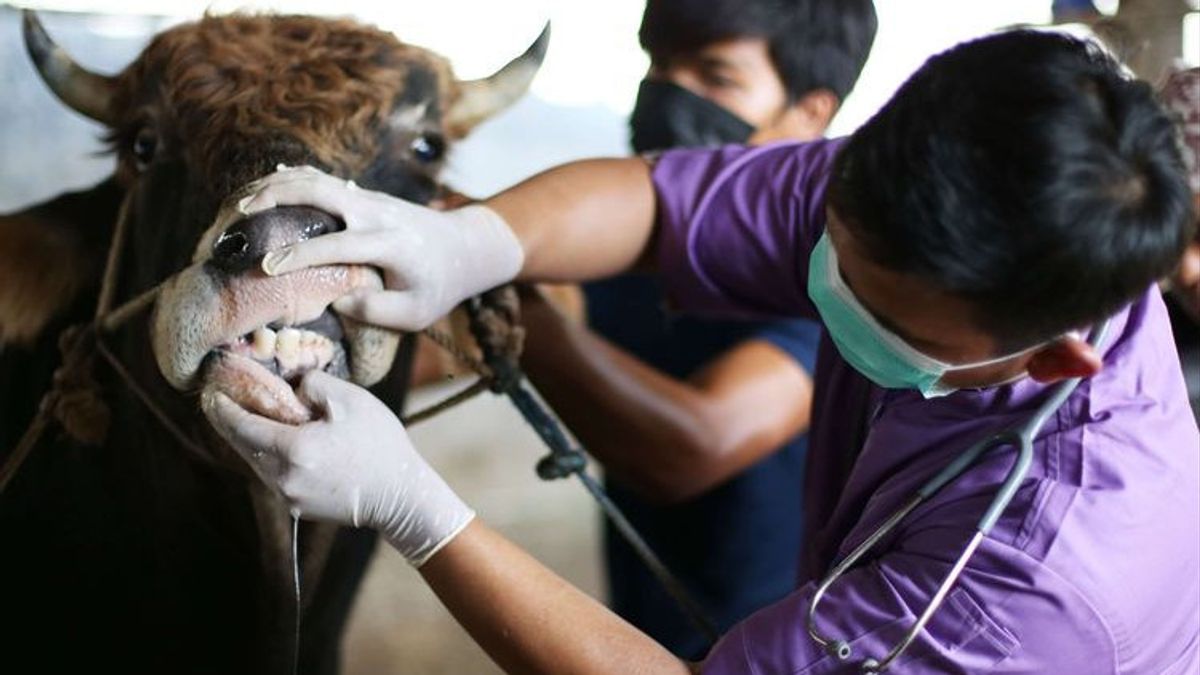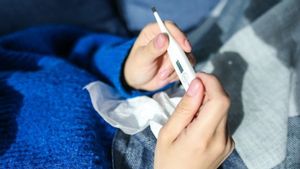BENGKULU - The Agriculture Service of Mukomuko Regency revealed that a number of residents in this area use herbal medicines to treat livestock infected with Foot and Mouth Disease (FMD) due to the absence of chemical drugs in this area.
"Since the beginning of the FMD outbreak, regions have relied on drug assistance from the government, and currently there is no medicine. We are waiting for the procurement of FMD drugs using this year's revised APBD," said the Head of Livestock and Animal Health at the Mukomuko Regency Agriculture Service, Diana Nurwahyuni, in Mukomuko, Bengkulu, as quoted from Antara, Sunday, October 23.
This year, the Mukomuko Regency Government allocated funds to buy drugs to treat livestock exposed to FMD through the revised APBD.
She said the budget for the procurement of drugs for FMD in livestock from this year's revised APBD has been ratified, but until now the budget implementation document (DPA) has not been released.
Therefore, said Diana, the Mukomuko Regency Agriculture Service has not been able to use the budget. "If the DPA is out of the budget, it can be used to buy FMD drugs," she added.
SEE ALSO:
Nevertheless, Diana ensured that the herbal medicines used by residents were effective in treating cattle, buffalo, and goats infected with FMD.
She said the herbal medicines such as turmeric, kencur, and brown sugar were boiled and then the boiled water was given or drunk to livestock infected with FMD.
"This plant blend can increase the strength and energy of livestock infected with FMD," she said.
She added that residents can give lime if it is difficult to find citric acid, besides that strong acid or strong base which is commonly used to cook cakes is very effective for treating FMD because the FMD virus can die due to exposure to strong bases or strong acids.
Meanwhile, she said, there were 3,358 cases of foot and mouth disease recorded in cattle, buffalo, and goats in this area since the last few days.
Of the 3,358 livestock infected with the FMD, it was recorded that 2,183 animals were declared cured, 11 died, and three were forcibly slaughtered.
She said, until now there are 1,157 livestock that are sick and still undergoing treatment.
The English, Chinese, Japanese, Arabic, and French versions are automatically generated by the AI. So there may still be inaccuracies in translating, please always see Indonesian as our main language. (system supported by DigitalSiber.id)















